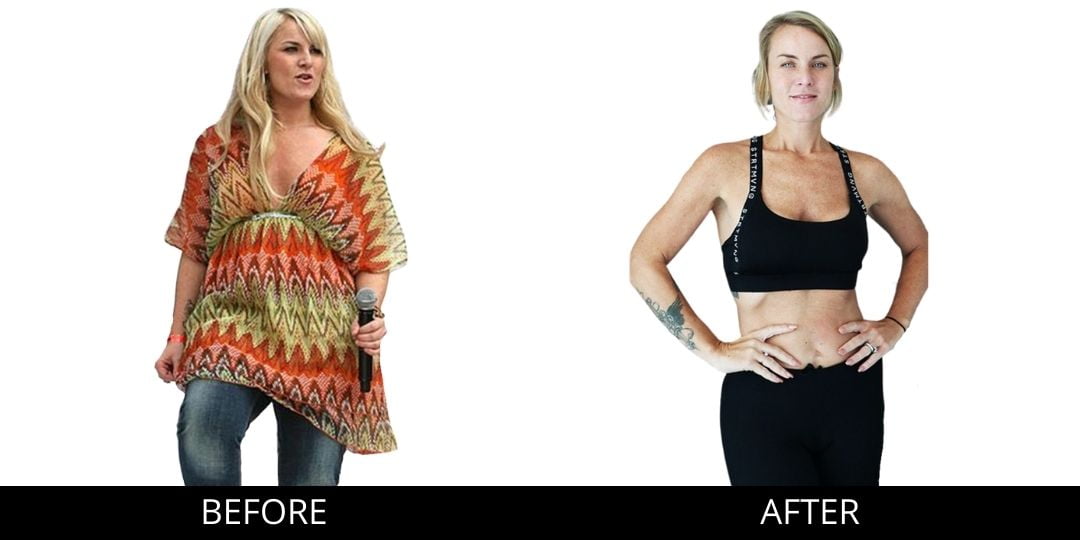‘Bariatrics’ is the collective term for all procedures used to treat obesity. Such as: the gastric balloon, gastric band, gastric sleeve and the gastric bypass.
We fully understand that it is a huge step to make an appointment for a bariatric procedure. Therefore, you can expect from us that we will fully support you in this – if you would like, of course. We advise you to bring your partner, or a good friend with you to the first consultation.
During the first consultation we will discuss everything to do with the procedure. First of all, we will discuss with you what disturbs you the most about your body and what you would like to have changed. Also the methods and surgical techniques are discussed and we will find out which is the most suitable for you. But also what results you may expect, what the possible risks are and what the aftercare will be like. You will always receive an honest opinion and will be clearly informed about the procedure and period afterwards.
During the consultation the consultant will look to see if you are a suitable candidate for the bariatric surgery you have chosen. The surgeon will ask you some questions regarding your health, medical background and possible medicine use. Should you use blood thinners, then you should stop taking these at least one week before the procedure.
You will be able to make the right choice after this first consultation. We understand it’s a lot of information to absorb. Therefore, do not hesitate should you wish to contact us again after this consultation with more questions.
What are the advantages and disadvantages of a gastric bypass?
The main advantage of a gastric bypass is that you will loose weight very quickly and be back at a healthy weight within no time. It is important to remember that a gastric bypass is merely a tool. As it is still possible to regain weight after a gastric bypass. If you change your lifestyle and eat less and are more active, then you will stay at a healthy weight. One disadvantage of the gastric bypass is that the digestive juices reach the food much later making it harder for the body to digest food.
Advantages
- This operation has a positive effect on diabetes mellitus type 2.
- You are no longer hungry.
- A gastric bypass is a key hole surgery.
- The scars are small, therefore the recovery is quick.
Possible complications during or after the surgery
- Seam leakage – the doctor has to create new connections to allow the stomach to perform optimally, these can sometimes leak.
- Vomiting
- Gall stones
- Vitamin deficiency – after a gastric bypass you will need to take vitamins, because the smaller portions that you will now eat, will not provide sufficient vitamins.
- Dumping – this happens when foods high in calories reach the small intestine too quickly. Foods such as sugars, fats and carbohydrates. As the blood goes through the intestines, the blood pressure drops in the brain causing you to feel drowsy or dizzy. It can also cause heart palpitations and you may start to sweat excessively.
A gastric bypass will have a huge impact on your life. You will have to be more aware of what you eat because your body can absorb and process less food. After your gastric reduction you must take extra vitamins on a daily basis. After the operation you may only eat fluid or ground food, for three weeks, so that the sutures in the stomach can heal properly.
It is also important to adjust your lifestyle. Only by doing this will you stay slim. Thanks to your weight loss you will now have less health problems – some of which will even disappear. Also the quality of your life will greatly improve.
You may start walking directly after the surgery and you may go home after about two days. The day after you have returned home you will receive a call from us to make an appointment for your first check-up. Furthermore, the dietary arrangements must be clear. Should this not be the case, then we will be happy to help you. We can be reached daily by phone.
Check-ups
Two weeks after the surgery, you will have a check-up with the bariatric nurse at the practice of Diana Gabriels. You will have further check-ups with our bariatric nurse after 3 months, 6 months, 9 months and after one year.
Each time adjustments will be made when and where necessary. Should there be any specific issues, extra appointments can be made. We advise you to give a blood sample after 6 months at your GP’s. This to check the nutritional and vitamin levels in your blood. This should be repeated at least once a year afterwards. In the event of low levels then we will start with supplementary medication.
There will be a bi-yearly check-up as from the first year after the operation. This will be done over a period of 5 years.
Physical exercise
So that the wounds will heal well, you should take it easy for the first two weeks. After the first two weeks, and only if the wounds have healed well, can you start to do everything again.
It is then immediately essential that you get enough physical exercise. This will have a positive effect on the end result. By burning more calories, you will loose more weight and you will stimulate the muscles. Look to see which activities suit you and do what you enjoy. Exercising together often acts as a motivator.
Make sure in any case that you get at least half an hour of physical exercise a day. Start swimming for example, or walking, jogging and/or fitness. Small changes make a big difference. Take the stairs instead of the lift for a change. (If possible) walk to appointments or the shops. Park the car just that little bit further away.
Doing sports and exercise will need to become a permanent and logical part of your new life style. This is healthier and it will help you to maintain your new weight. This will be more easy to achieve if you do this with support – think of an exercise therapist or doing sports in a group.
Regardless of whether you are being treated for a gastric band, sleeve or bypass, or whether your BMI is less than 40, it is still possible to loose up to 100 percent of your excess weight. The target weight is then a BMI of 23-25.
Is the BMI the same or higher than 40, then you will statistically loose 70 of your excess weight.

